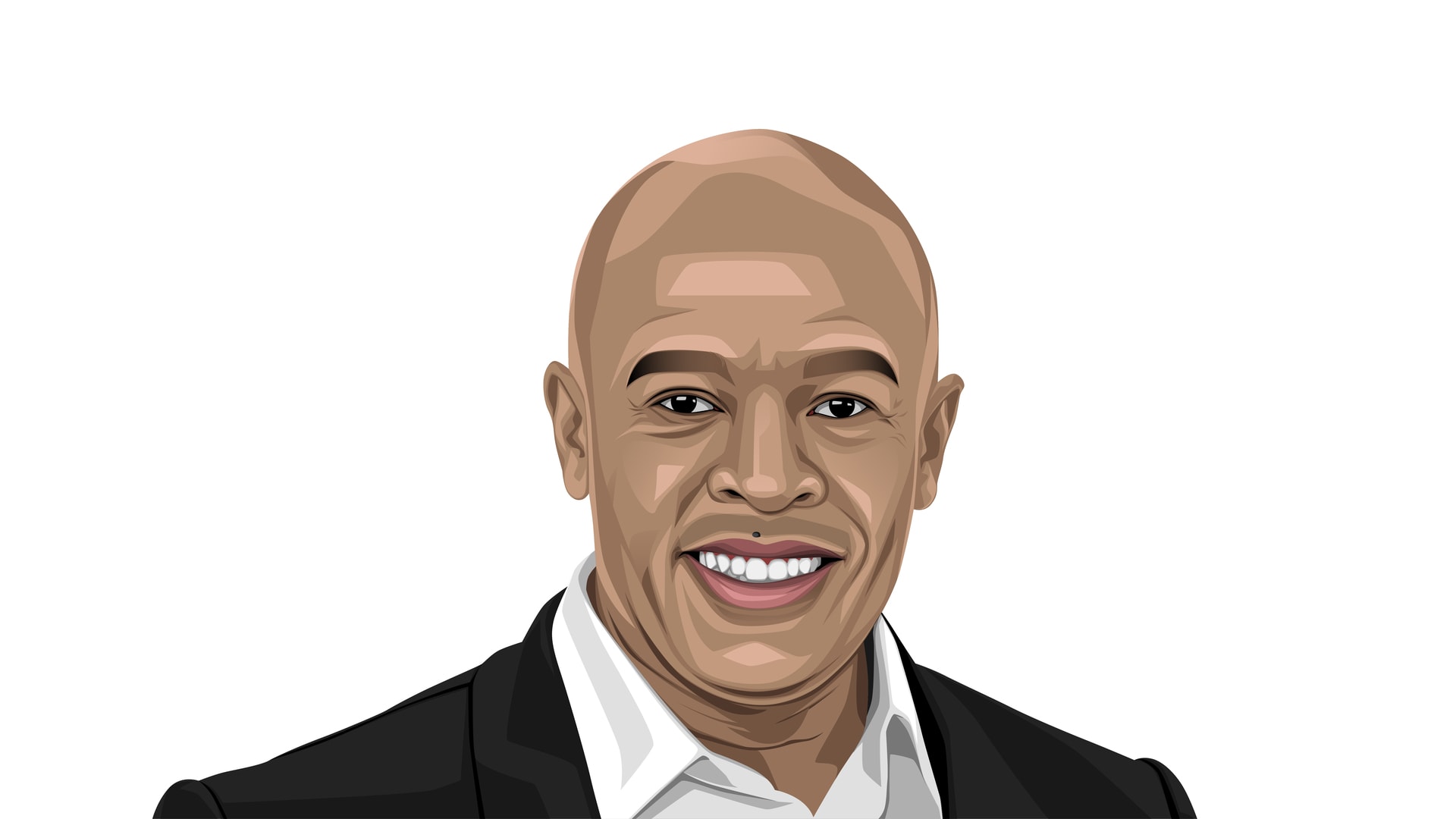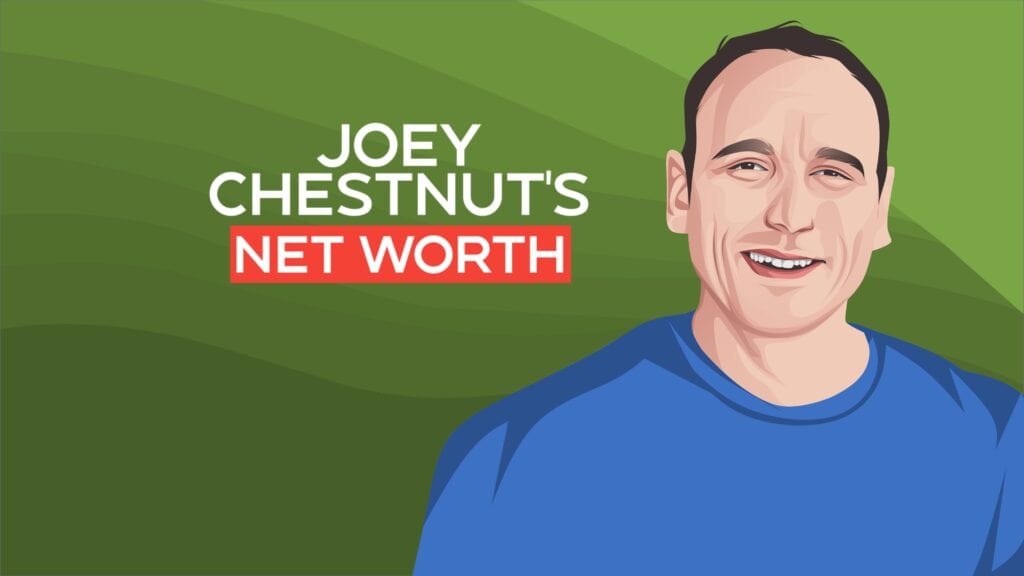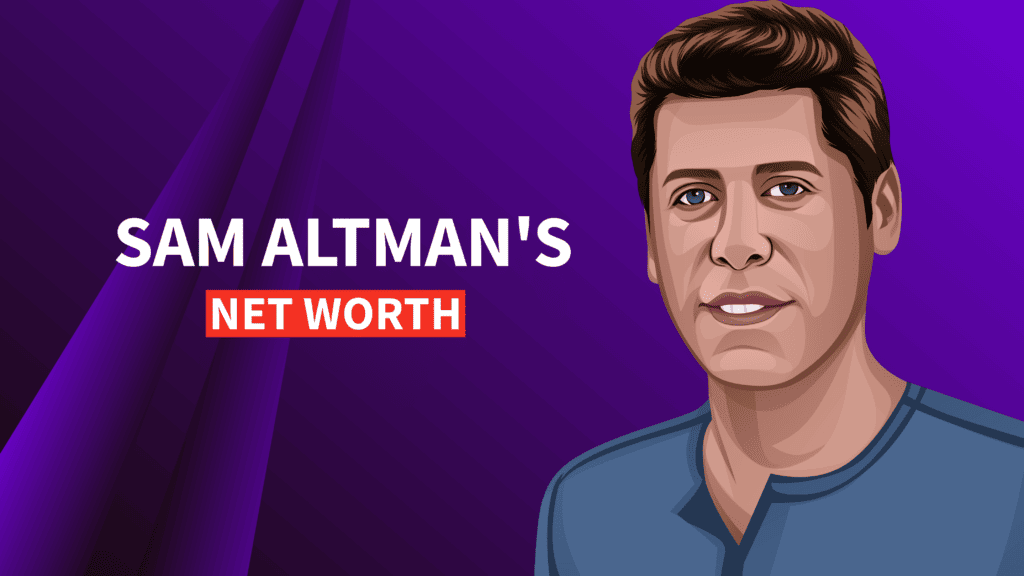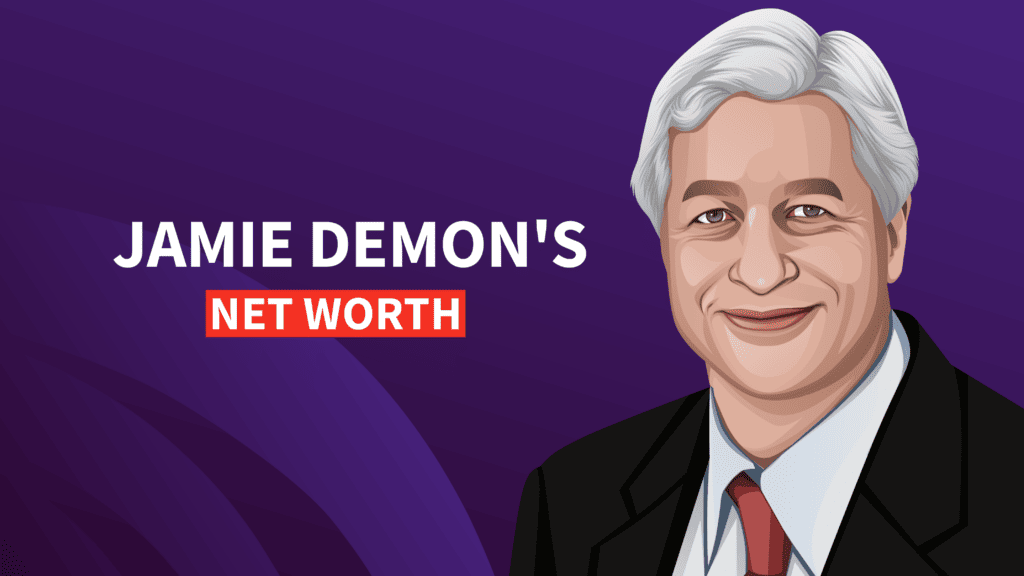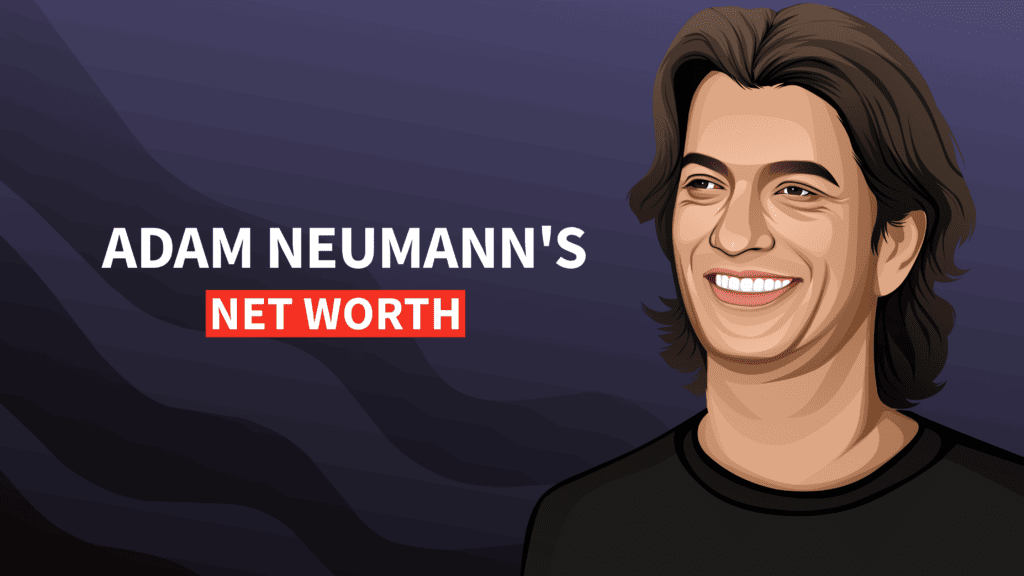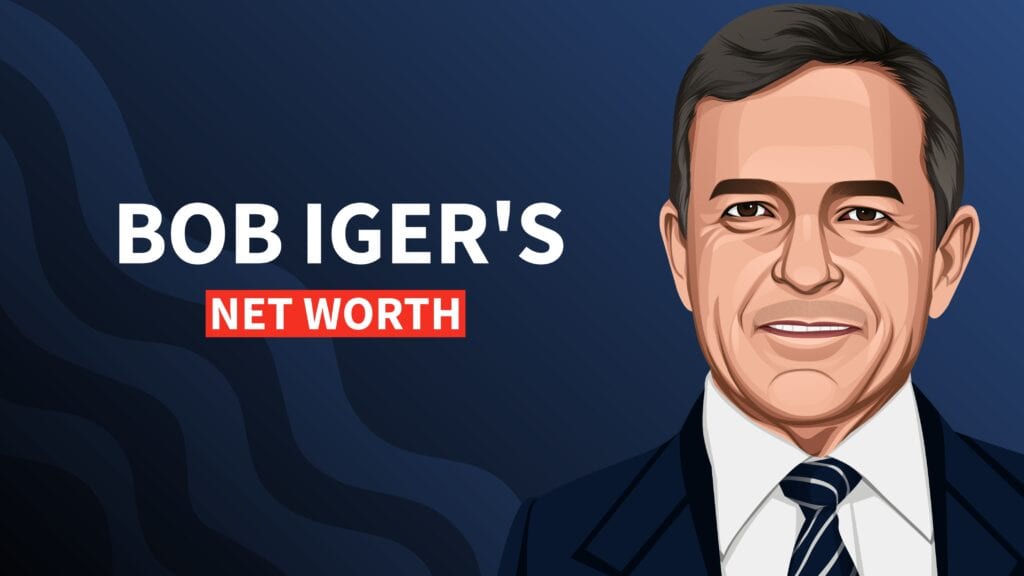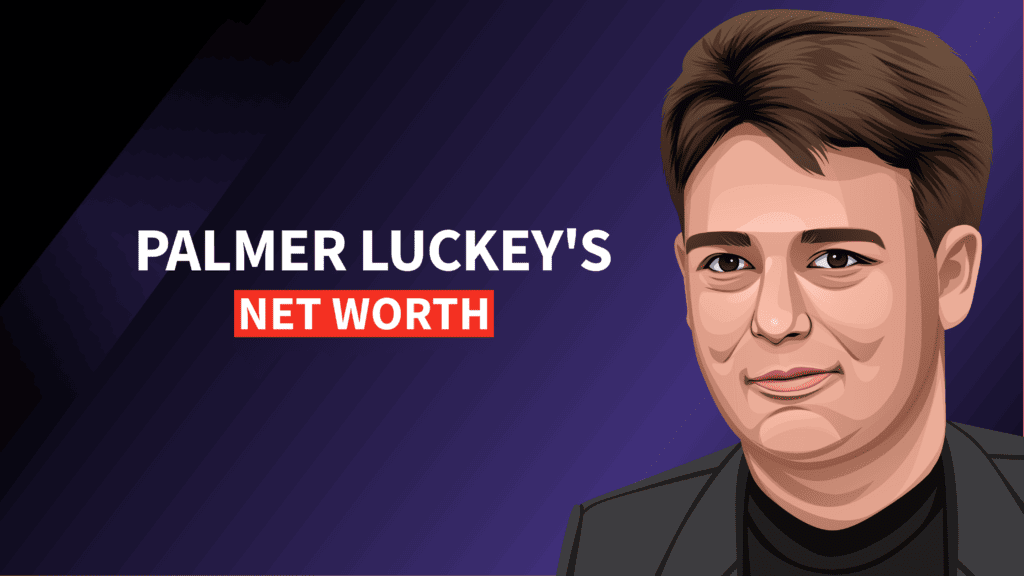Musician. Producer. Entrepreneur. Dr. Dre didn't just dabble in the music industry—he reinvented it. And he didn't let any amount of scrutiny or controversy get into his way.
Here's the story of how a kid from Compton brought gangsta rap to the masses, put new talent on the charts, danced to his own Beats®, and created a multi-million dollar musical empire.
"I'm gonna try and change the course of hip-hop again."
Poor Kid in the Compton Projects
Dr. Dre made his grand entry into the world on February 18, 1965. His birth name was Andre Romelle Young. Fittingly enough, both of his parents were musicians. Verna, his mother, sang in a group called the Four Aces, but she quit while pregnant with Dre. She was only 16. His father, Theodore, performed locally with The Romells, an amateur, unsigned R&B group and the story behind Dre's middle name.
When Dre was still relatively young, his parents divorced. He lived with his mother, and she ended up remarrying several times during his childhood. But many of these relationships were abusive, and growing up around domestic abuse would have a profound impact on Dre later in life.
After the divorce, Verna ended up moving her family around frequently. Dre spent much of his childhood in Compton's Wilmington Arms housing project. Although the neighborhood had a bad reputation, Verna wanted to be a good mother and did everything she could to provide for her children.
Dre, however, had other plans. As a teenager, he discovered a knack for music. His other schoolwork was no longer interesting, and he spent all of his free time writing lyrics and producing tracks.
In 1984, Dre received the best Christmas present imaginable—a music mixer. He transformed the small family home into a makeshift recording studio. During this time, Dre also began working as a DJ at Eve After Dark, a nightclub in LA.
Scratching the Compton Turntables
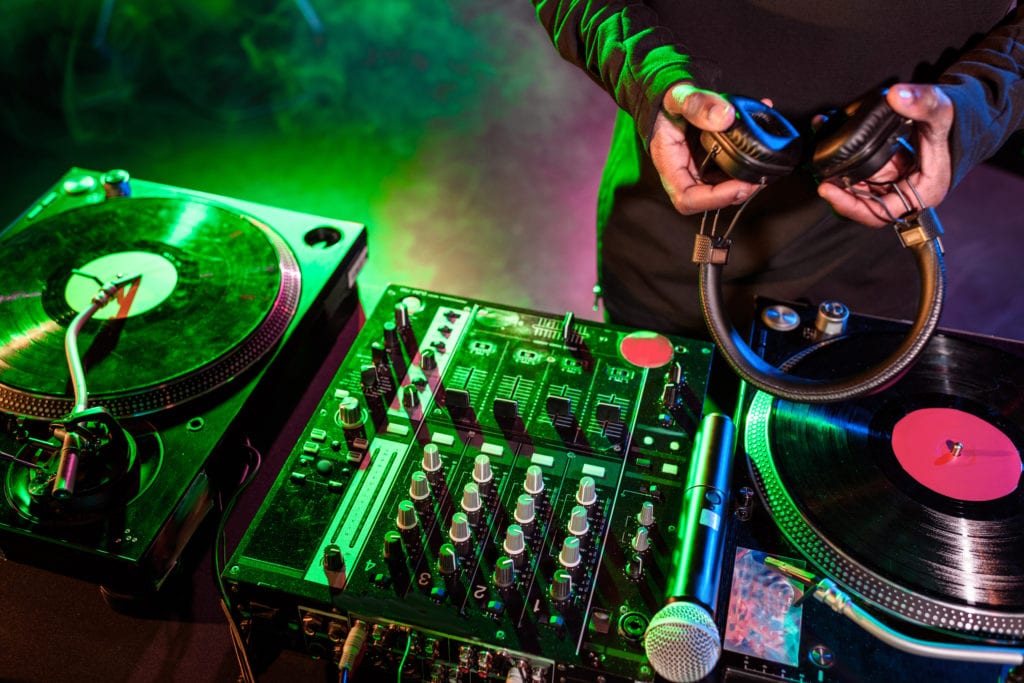
Dre's introduction to the nightclub scene opened new doors into the music industry. While serving as the DJ for Eve After Dark, he teamed up with DJ Yella to join World Class Wreckin' Cru. The group toured several clubs in the city, and Dre performed under a new persona—the Master of Mixology.
You may have wondered, "Does Dr. Dre have a Ph.D.?" And no, he doesn't (although the threads on Reddit are a hoot to read). After becoming a DJ, his alias eventually became Dr. J, inspired by Julius "Dr. J" Erving, a famous basketball player. He soon changed Dr. J to Dr. Dre, an homage to his birth name, Andre.
While performing with World Class Wreckin' Cru, Dre met many up-and-coming rappers on the scene. In 1987, Dre, DJ Yella, Ice Cube, Easy-E, MC Ren, the Arabian Prince, and the D.O.C. formed N.W.A. Together, the musicians would cultivate a new underground genre known as gangsta rap.
Parental Advisory: Explicit Hip Hop Lyrics
N.W.A. had a much harder, no-holds-barred sound. The rappers weren't afraid to speak their minds, much to the dismay of others. The edgy, harsh lyrics reflected violent life on the streets and a strong dislike of authority, especially the police.
In 1988, N.W.A. released its sophomore album, Straight Outta Compton. It was an instant hit with the group's target audience—inner-city youth. The song that gained the most traction was "Fuck Tha Police," an anthem about police brutality and racial profiling. Listeners felt an instant connection to the music.
However, not everyone was keen on the explicit lyrics, particularly police officers. Mainstream radio banned N.W.A. because of its controversial topics. Even without airplay, sales skyrocketed, and the album went double platinum. Interestingly enough, Straight Outta Compton became one of the first albums to display a parental advisory warning voluntarily.
The Production of a Solo Gangsta
The sudden success of N.W.A. caused tension between the members, and Dr. Dre and Ice Cube decided to leave the group due to financial differences. In 1991, Dre set out to create his own record label, Death Row Records. He teamed up with Suge Knight and began recording a solo album.
Recording under his own label meant Dre could pretty much do and say anything he desired. Dr. Dre quickly released The Chronic, his debut solo album. Named after the slang term for cannabis, it makes sense that Dre featured Snoop Dogg on several tracks. Snoop Dogg used the notoriety he gained from the album to launch a solo career of his own.
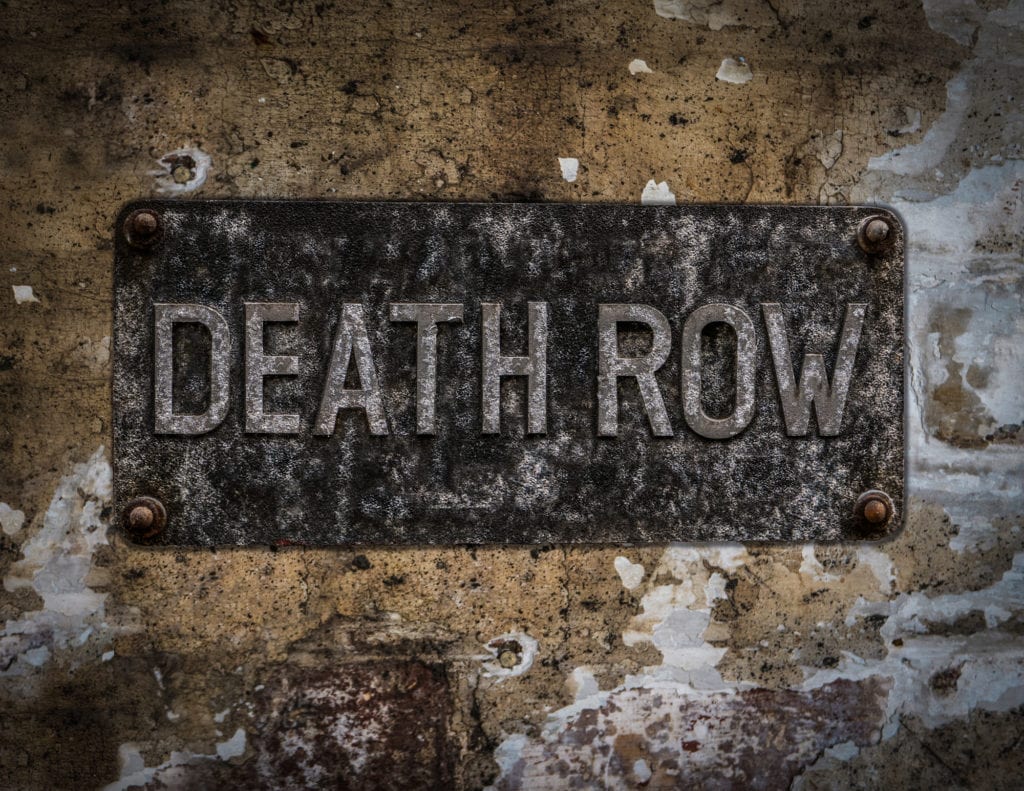
The Aftermath of Death Row Records
Working with Suge Knight wasn't always easy, and the duo disagreed on many business-related issues. The partnership dissolved almost as suddenly as it began. But Dre didn't throw in the towel. Instead, he went on to found another record label, appropriately named Aftermath Entertainment.
Not only did Dre release solo tracks on Aftermath, but he also began to sign new talent. However, the record label didn't enjoy the same overnight success as Death Row Records. Critics were quick to leave negative reviews, and rumors of money management issues began to surface.
Just when things seemed over for Aftermath Entertainment, Dre signed an unknown artist—Eminem. He helped produce Eminem's first album, The Slim Shady LP. The unique sound polarized audiences, but the album still landed number 2 on Billboard in 1999.
Eminem's popularity helped attract even more artists to Aftermath Entertainment. Nearly every big name in hip-hop has crossed paths with the label in one way or another.
Here are some of the most well-known acts featured on Aftermath:
- Dr. Dre
- Eminem
- Kendrick Lamar
- 50 Cent
- Busta Rhymes
- Dion
- G.A.G.E.
- Jon Connor
- Stat Quo
- The Firm
Practically everything Aftermath Entertainment touched seemed to turn to gold—or, rather, platinum. Of the 28 albums on the record label's discography, 20 have gone platinum. 50 Cent's Get Rich or Die Tryin', the label's most successful album to date, crossed the platinum threshold nine times.
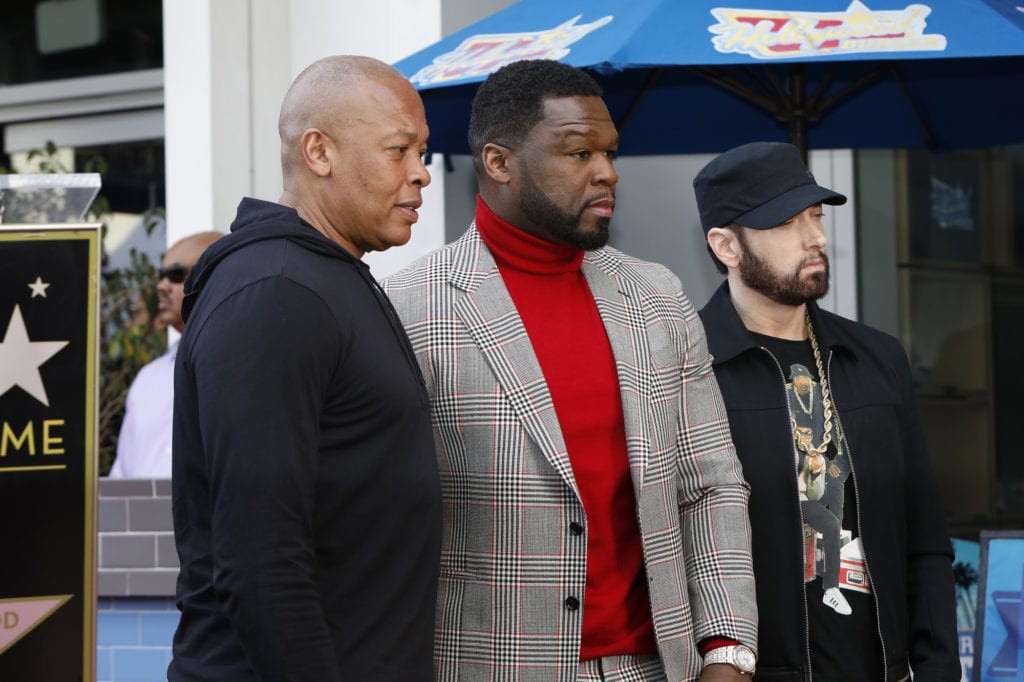
There Was a Problem
Dr. Dre's success as a music producer wasn't enough to satisfy the music mogul's hunger for building wealth. He soon saw another opportunity to make a difference in the industry. As he commented, there were two main problems with music, piracy and poor audio quality. And he blamed Apple for the latter. Dre half-jokingly stated, in regards to Apple's cheap earbuds, "It's one thing that people steal my music. It's another thing to destroy the feeling of what I've worked on."
In 2006, Dre and Jimmy Iovine, co-founder of Interscope Records, joined forces to launch a new audio brand, Beats Electronics. Dre knew his audience wanted to experience their favorite artists the same way he did in the studio, but personal audio technology was subpar at best. He envisioned headphones and speakers that gave listeners the same energy and excitement as he felt behind the mixing board.
As the company claims, Dr. Dre Beats give music lovers a new way to hear all the music as if they were in the studio themselves.
Beats Solved It for a Sound-Hungry Crowd
Both Dre and Iovine were confident in their new brand. Beats headphones and speakers would revolutionize how the average consumer enjoyed listening to music at home. But the critics weren't so sure. Why would anyone pay hundreds for a pair of headphones when Apple tossed earbuds in the box for free?
In 2007, Dre and Iovine partnered with Monster Cable to design a prototype. One year later, Beats Electronics launched its first product, Beats by Dr. Dre Studio headphones, exclusively in Apple and Best Buy stores. As CNET reported, the headphones came with a steep $350 price tag. But the review continued to rave how the headphones "offered an exceptionally—one might say shockingly—crisp response."
Beats soon became a household name, and interest in the company exploded. In 2011, Dre and Iovine sold a majority stake to HTC for $309 million. The following year, Beats decided not to renew its contract with Monster Cable. Soon after, Beats Entertainment acquired MOG Inc., a music streaming company, for less than $10 million. By 2013, a staggering 59% of household headphones sold in the US showcased the Beats logo. And in 2014, the company's own streaming service, Beats Music, launched. The service would soon rival Pandora, Spotify, and Apple Music.
However, all of these successes would fail in comparison to a bold move by Apple.
If You Can’t Beat Beats, Buy Them
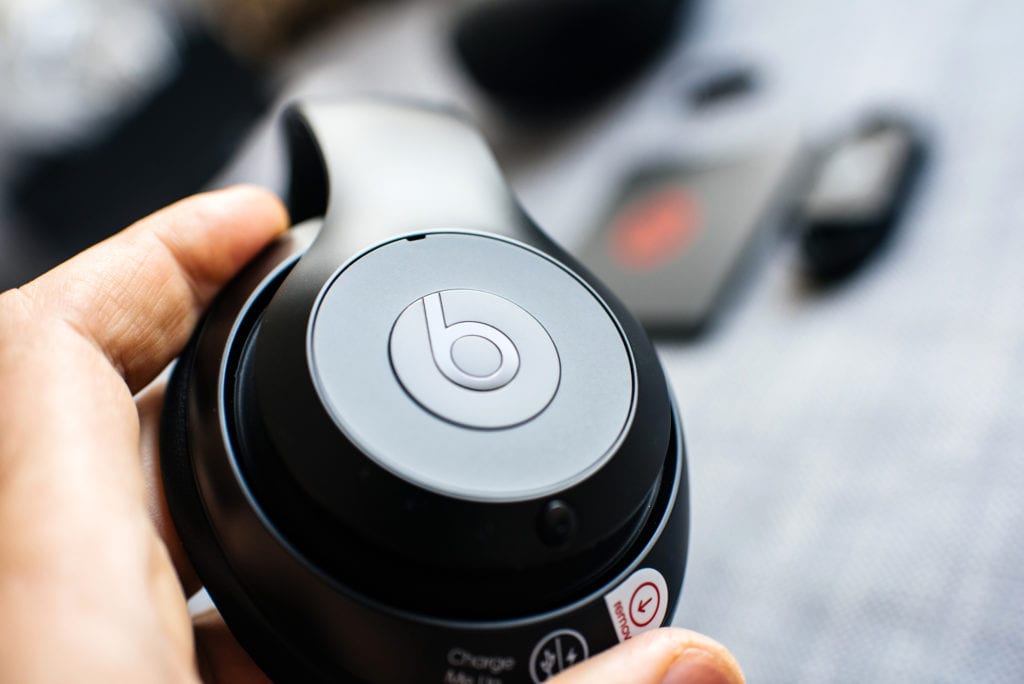
Apple noticed the impact Beats Electronics had on the music industry, and it wanted in on the action. Consumers happily paid top-dollar for the stylish, high-quality headphones, and Beats Music also had around 200,000 subscribers.
How could Apply compete?
In the style of Apple, if you can't beat them, buy them out. In 2014, Apple acquired Beats Electronics for a jaw-dropping, seemingly ridiculous $3 billion. Yes, billion. The move remains Apple's priciest acquisition to date.
Even though Beats sold for $3 billion, Dre isn't a billionaire—at least not yet. But he still has a lot more cash than just a pocket full of Benjamins. In 2018, he scored the #98 spot on Forbes' Celebrity 100 List, although he failed to make the cut in 2019 or 2020.
How much money does this music guru have? Dr. Dre's net worth is reportedly about $820 million.
Wealthy Gorilla ranked him as the third richest rapper in 2021, always neck-in-neck with Sean Combs ($885 million), Jay Z ($1 billion), and Kanye West ($3.2 billion). Dre's own protégé, Eminem, rounded out the top five with $230 million.
Whether you enjoy gangsta rap or not, there's a good chance you heard of Dr. Dre before today. He's worn many hats in the music industry, but he's best known for his work as an artist and music producer.
As an artist, he's only released three studio albums. These highly-acclaimed Dr. Dre albums are The Chronic (1992), 2001 (1999), and Compton (2015). Which Dr. Dre songs are the most popular? "Nuthin' But a 'G' Thang" stands out as the most well-received. It peaked at #1 in 1993. BLACKstreet featured Dre on "No Diggity," which reached #1 in 1996.
As a record producer, Dre helped countless artists top the charts. Eminem and 50 Cent remain Aftermath Entertainment's most accomplished artists.
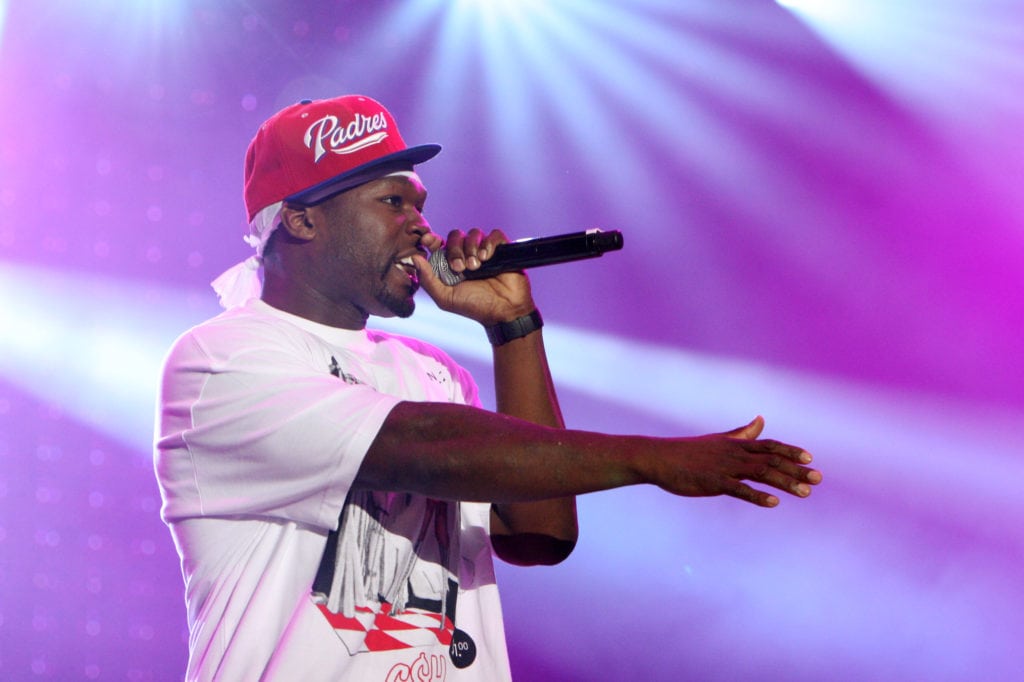
Personal Controversy: A Not-So-Clean Record
Dre raps about his disdain for the police, but does he have a rap sheet of his own? As it turns out, yes. And many of his legal problems revolve around women. Several former partners accused Dre of domestic abuse, which is not surprising considering his upbringing. Lisa Johnson, a former girlfriend and the mother of Dre's oldest children, claimed he beat her on several occasions during their relationship in the 80s. Although he never served time for these incidents, Johnson did obtain a restraining order against the rapper.
Other women also stepped forward to accuse Dre. Former financé, Michel'le, asserted she was a victim of abuse throughout their relationship. And Tairrie B also stated Dre attacked her at a post-Grammy party in the 90s. However, neither woman took legal action against the musician.
In another incident, Dre assaulted Dee Barnes, the host of "Pump It Up" on Fox. A judge ordered Dre to serve 240 hours of community service. He even had to star in an anti-violence public service announcement. A civil suit also settled for an undisclosed amount.
Dre's run-ins with the law don't end there.
He pleaded guilty to battery of a police officer in 1992 and served eight months in prison after a high-speed chase with police in 1994. Even Suge Knight alleged Dre hired a hitman to kill him. According to the Death Row Records co-founder, Universal Records and Apple were also in on the plot. However, nothing has come of these allegations.
When Rolling Stone asked about his violent past and multiple allegations, Dre responded, "I made some fucking horrible mistakes in my life. I was young, fucking stupid. I would say all the allegations aren't true—some of them are. Those are some of the things that I would like to take back. It was really fucked up. But I paid for those mistakes, and there's no way in hell that I will ever make another mistake like that again."
Happily Ever After?
Dr. Dre's fortune means the musician can buy pretty much anything his heart desires, and he doesn't have a reputation for investing his wealth. Instead, he enjoys showing off his earnings with flashy purchases, including a $40 million, 14,000-square-foot mansion in Brentwood. And that's not his only residence. He also owns homes in Malibu and Woodland Hills.
What does he drive? His cars of choice are a Rolls-Royce Phantom and a Bentley Coupe. The Phantom alone starts at $455,000.
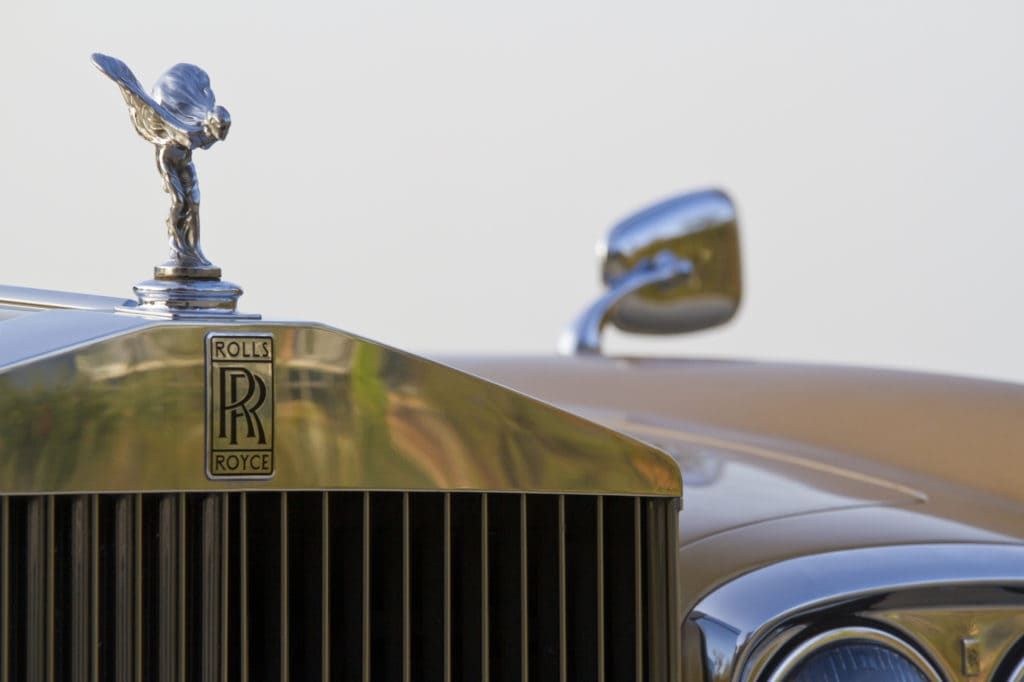
But can money buy happiness? At one point, Dre probably would have said yes. Today, he may disagree.
In 1996, Dre married Nicole Threatt Young. For over two decades, the couple seemed inseparable. Dre even bragged about their marriage on social media. When asked about his secret to a lasting relationship, he responded, "Clear communication. Respect. A lot of laughter. And a lot of orgasms. That's what makes a marriage work."
But it seems like even the best performances in the bedroom don't guarantee a successful marriage. Nicole filed for divorce in 2020 after 24 years of marriage, citing the Hollywood-famous "irreconcilable differences."
The filing shocked many fans. Although the soon-to-be-ex-couple has remained tight-lipped on the subject, TMZ recently released the terms of an alleged prenuptial agreement. In the papers, Dre says all money remains separate, but his wife does get spousal support. Nicole, however, disagrees. She claims Dre tore up the document shortly after they married. The divorce could turn into a lengthy battle.
Does Dr. Dre Have Children?
Yes, he has seven kids with multiple women. Luckily, the 55-year-old musician has more than enough money to care for his full house. Here is a list of his children from oldest to youngest:
- Curtis Young is Dre's oldest son. Dre first became a father in 1981 while still in high school. Today, Curtis is 39 and a successful rapper. He goes by the moniker Hood Surgeon.
- Tyra Young is 38 and Dre's second child. Dre keeps her mother's identity a secret. Tyra is an actress and producer, and her filmography credits include Take 6 and Ropes of Silicon.
- LaTanya Young is 37. She stays out of the public eye and claims she hasn't seen her father in over 17 years.
- Andre R. Young, Jr. is Dre's namesake. Unfortunately, Andre passed away in 2008 of a heroin and morphine overdose. He was only 20 at the time of his death.
- Marcel Young is 29-years-old and Dre's middle child. He prefers to stay out of the spotlight.
- Truice Young is the first child Dre had with his wife, Nicole. He's 23 and recently graduated from the University of South Carolina. Like his father, Truice hopes to build a career in the music industry.
- Truly Young is Dre's youngest child. She's only 19 and studying film at the University of Southern California.
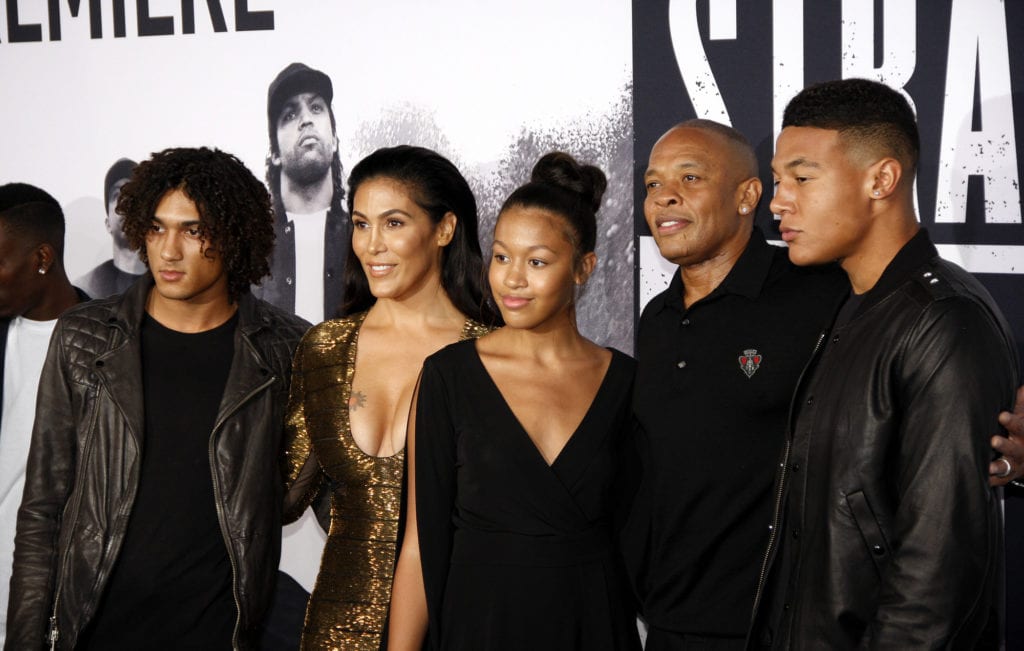
Even though Dre seems to take an active role in his kids' lives (with the exception of LaTanya), he doesn't maintain a close relationship with his own father. Theodore Young claims he hasn't heard from his son since his grandfather died. In a tell-all interview, Young stated, "We have no relationship. My other sons love me. They tell me they love me. But coming from where I come from, most young men like Andre who have a big success don't give a damn about their dad."
A Health Scare
There’s been online speculation about whether Dre is still alive. He is, but a recent health scare could have easily silenced the rapper forever. In early 2021, Dre suffered a sudden brain aneurysm. He ended up in ICU at Cedars-Sinai Medical Center in Los Angeles. Shortly after the incident, sources reported to TMZ, "The 55-year-old music mogul is stable and lucid. But doctors don't know what caused the bleeding, and they are doing a battery of tests."
On January 5, this Dr. Dre health update on Instagram left concerned fans feeling elated:
"Thanks to my family, friends, and fans for their interest and well wishes. I'm doing great and getting excellent care from my medical team. I will be out of the hospital and back home soon. Shout out to all the great medical professionals at Cedars. One Love!!"
According to the Brain Aneurysm Foundation, ruptured aneurysms have a 50% survival rate, and of those who survive, nearly 66% suffer neurological deficits. Dre is lucky to have pulled through, and he's finally back at home after a 10-day stay in ICU. However, he's not out of the woods yet. He'll continue to receive at-home therapy for the unforeseen future.
Dr. Dre the Philanthropist?
Dre has a reputation for spending his hard-earned cash, but that doesn't mean he never gives back. In 2013, he and Iovine made a $70 million donation to the University of Southern California. The gift helped fund the Jimmy Iovine and Andre Young Academy for Arts, Technology and the Business of Innovation.
While this donation may seem generous, some speculated an ulterior motive. His youngest daughter, Truly, started college at USC only a few years later. Coincidence? Not according to Dre, who claims his daughter got into the USC "all on her own."
In 2017, Dre donated $10 million to Compton High School to help build a new performing arts center. When asked about the gift, he replied, "My goal is to provide kids with the kind of tools and learning they deserve."
Dre has also supported a handful of other well-known charities, including Global Fund, Michael J. Fox Foundation, and (RED).
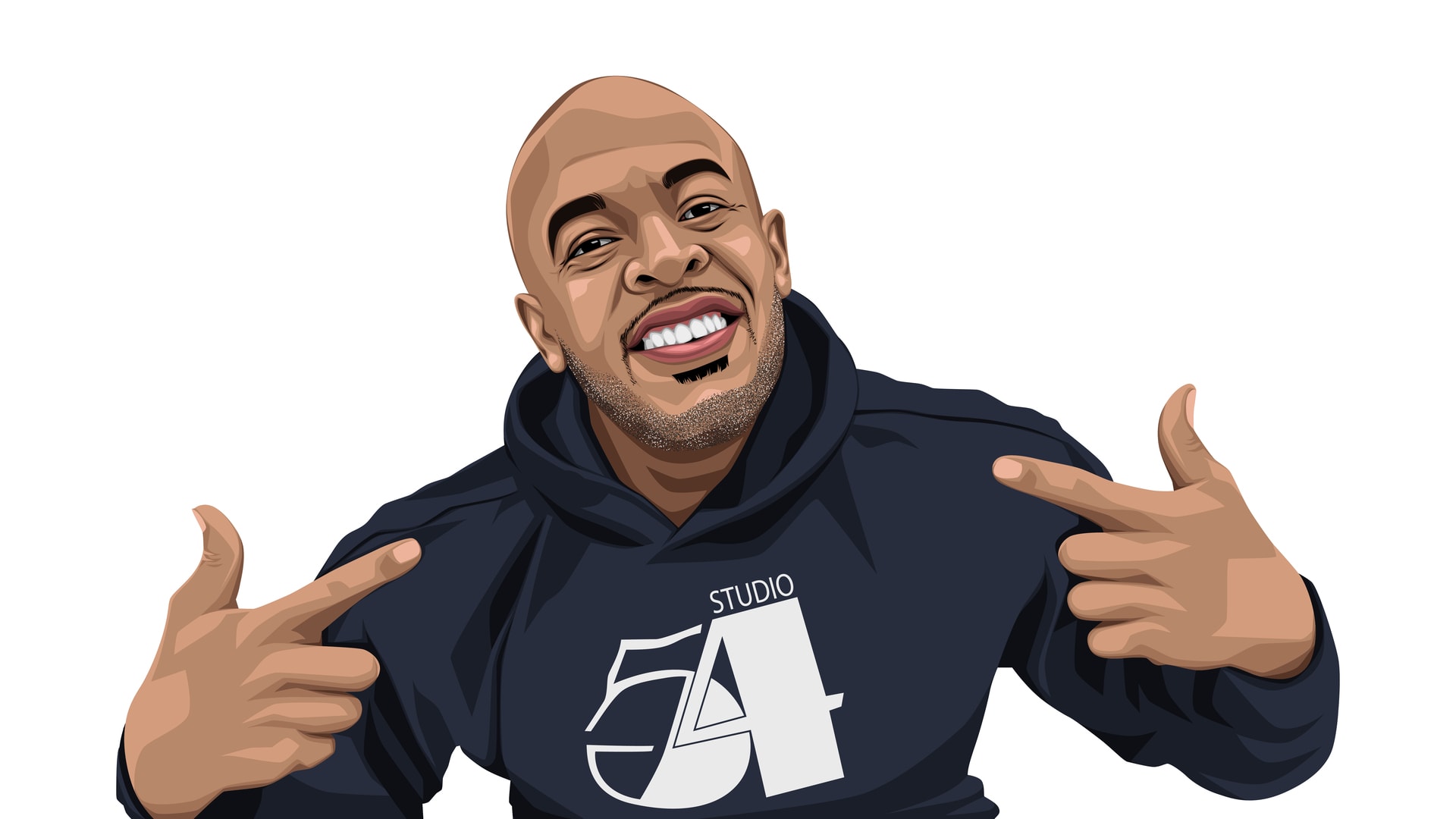
A Rapper's Words of Wisdom
Rappers are never without words, so it's only suiting to share some of Dr. Dre's most inspiring quotes right here:
- "Even when I was close to defeat, I rose to my feet."
- "I believe in reincarnation, and I believe I've lived quite a few lives."
- "When I'm sitting in the studio, a mix isn't done till I feel it in my gut."
- "If you're not sincere with it, you shouldn't say anything at all."
- "I'm never gonna stop music; it's like air to me."
- “I'm not an egotistical person. I just want what I'm supposed to get—not a penny more, not a penny less."
- "The only two things that scare me are God and the IRS."
Dr. Dre and Capitalism Share the Same Beat
What do an anti-authority rapper and a free-market society have in common? As it turns out, quite a bit. While Dr. Dre may not be the stereotypical poster child for capitalism, his dreams became a reality because of it. No other market exists where a poor kid from the Compton projects can rise to success publicly cursing the police.
Not only did his music reach critical acclaim—so did his endeavors as a producer and product CEO. Why? There was a demand for Dre's unique style and entrepreneurialism. He stepped up to the plate and delivered what his audience craved. And thanks to his contributions to the music industry, his legacy will live on forever.
Do you march to the beat of a different drum? Innovation isn't just for the music industry. The world wants and needs entrepreneurs like yourself to shake up industries everywhere and change the status quo.
That's why we built the Capitalism Incubator - for people just like you, who have big dreams and want to create a business that changes your world. Inside the Incubator, our students find all the ideas, investors, experts, and introductions they need to build a 7-figure brand they can one day sell for 8-figures. Here's where to go to find out more about the Incubator and to submit your application.
